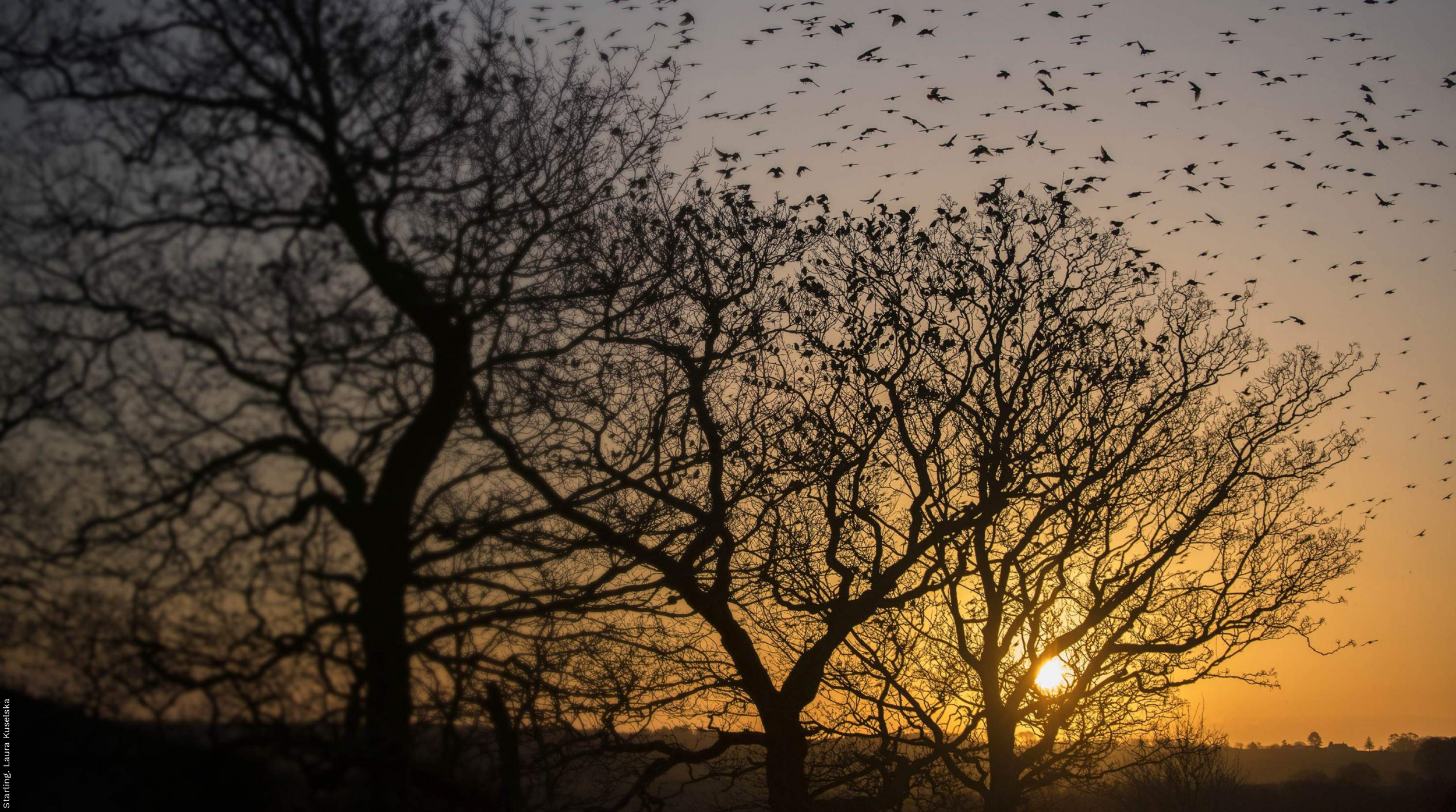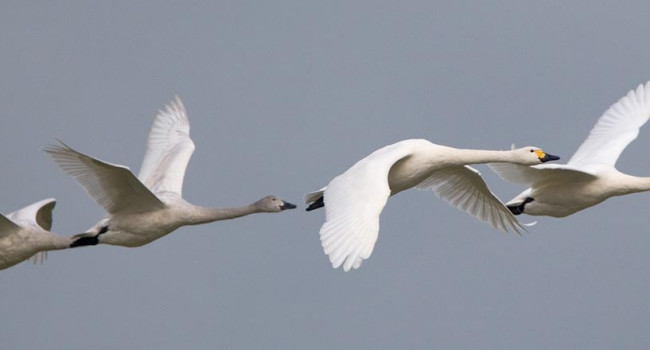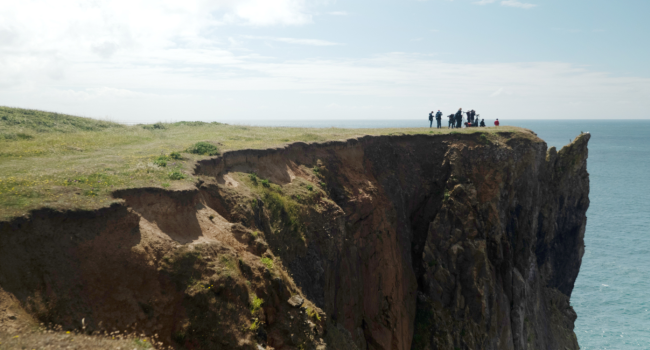Effect of a joint policy statement by nine UK shooting and rural organisations on the use of lead shotgun ammunition for hunting common pheasants Phasianus colchicus in Britain
Author(s): Green, R.E., Taggart, M.A., Pain, D.J., Clark, N.A., Clewley, L., Cromie, R., Elliot, B., Green, R.M.W., Huntley, B., Huntley, J., Leslie, R., Porter, R., Robinson, J.A., Smith, K.W., Smith, L., Spencer, J. & Stroud, D.
Published: February 2021
Journal: Conservation Evidence Volume: 18
View publicationAbstract
There are significant negative effects of exposure to spent lead ammunition on wildlife and human health. A joint statement was issued by nine UK shooting and rural organisations on 24th February 2020 intended to encourage a voluntary transition to non-lead shotgun ammunition within five years “in consideration of wildlife, the environment and to ensure a market for the healthiest game products”. We dissected carcasses of wild-shot common pheasants Phasianus colchicus sold or offered for human consumption in Britain in the shooting season between 1st October 2020 and 1st February 2021 to recover shotgun pellets. The principal metallic element composing one pellet from each bird was identified using inductively coupled plasma atomic emission spectrometry. The results showed that 99% of the 180 pheasants from which shotgun pellets were recovered had been killed using lead shotgun ammunition, compared with 100% in a much smaller study conducted in the 2008/2009 shooting season. We conclude that the shooting and rural organisations’ joint statement, and their subsequent promotional actions, have not yet had a detectable effect on the ammunition types used by shooters supplying pheasants to the British game market.
Staff Author(s)







Share this page